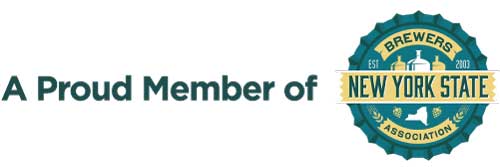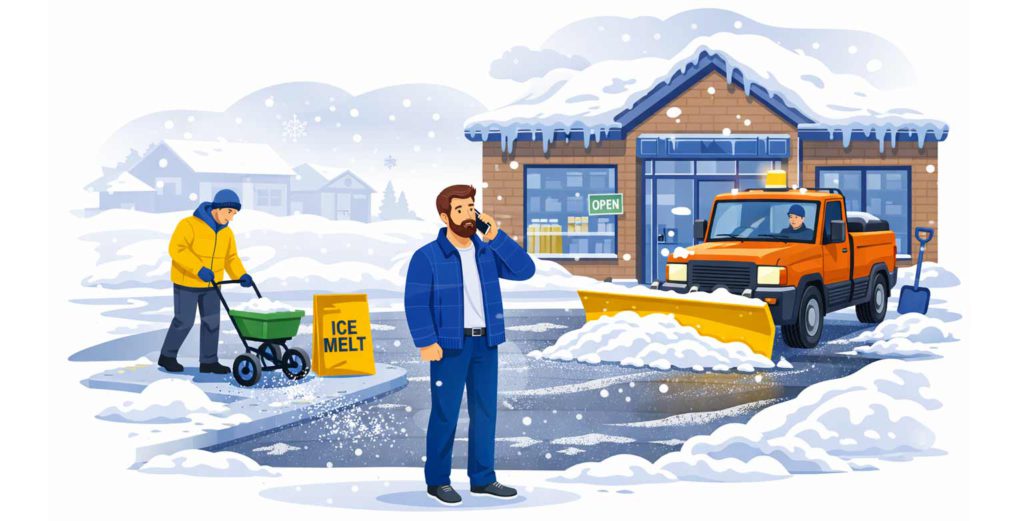We’ve all been there. “We should probably start a brewery,” says one of our not-so-sober friends. And while it’s not always the best idea for most of us, we’re extremely grateful for all of the wonderful beers and craft breweries out there that made it past this initial conceptualization. Running a craft brewery always sounds like it would be an absolute blast, and it also sounds pretty straightforward. But for those of you who’ve made it a reality, you’ve probably learned quickly that it can be a ton of work, too. The brewing process, itself, is just the beginning—you still need to accomplish several other rather arduous tasks. Additionally, your brewery needs insurance.
This is where we come in. At Weed Ross, we’re familiar with just about every type of insurance under the sun, and brewery insurance is one of them. Many brewery owners forget about insurance until the last minute because they always have their hands full, but brewery insurance is critical to protect your operation. This is because breweries are a special kind of business with unique requirements. That’s why the experts at Weed Ross are at it again with another article covering everything you need to know—this time about brewery insurance. So let’s clank our mugs and get started.
In this article, we will cover:
- What is Brewery Insurance?
- Do I Need Brewery Insurance?
- What Should Brewery Insurance Cover?
- What Additional Coverages Should Be Considered?
What is Brewery Insurance?
Brewery insurance, in this context, is protection for businesses that operate as an independent craft brewery and require industry-specific coverages. As a brewery owner and operator, it’s important to understand how to adequately insure your brewery. Though it is—for all intents and purposes—very similar to business insurance, the coverages provided by brewery insurance are substantially different. As a microbrewer or craft brewer, your products are unlike any others out there, and so your insurance needs to follow suit. Brewery insurance is specifically designed to protect your brewing facility in the event of an unexpected loss or incident.
Do I Need Brewery Insurance?
As defined by the Brewers Association, a brewery is a “small and independent brewer,” which is the ideal candidate for brewery insurance. The types of businesses that fit into this category can also be defined as microbreweries, brewpubs, taproom breweries, regional breweries, contract brewing companies, and more. The specific requirements for your brewery operation depend on several factors, such as whether or not you serve beer and food to consumers, for example. Other important factors include the number of locations, whether or not you provide tours, if you’re selling beer as a wholesaler, etc. If you’re still not sure if you need brewery insurance, talk with one of the insurance experts at Weed Ross—we’re here to help. Plus we would love to try your specialty brew.
What Should Brewery Insurance Cover?
Experienced insurance agencies will know exactly what types of coverages your brewery needs, but as the owner of your business, it’s critical to understand the most essential recommendations. Brewery insurance should offer the following coverages, some of which are also offered in traditional business insurance:
- Business Property Coverage – covers the risk of property loss in business situations, such as buildings, equipment, furniture, fixtures, supplies, etc.
- General Liability Coverage – covers liability around personal injury, medical bills, fire damage, general premises and operation, and more.
- Workers’ Compensation Coverage – protects your business and your employees against medical costs and lost wages while injured or sick.
- Equipment Breakdown Coverage – covers repairs or equipment replacement costs in the event of unexpected failures of storage tanks and vats.
- Tank Collapse and Leakage Insurance – protect losses that occur when a tank collapses or leaks, including the costs associated with loss of water or beer.
- Product Contamination Coverage – covers for losses from circumstances such as power outages that result in product contamination or spoilage of a batch.
- Liquor Liability Insurance – sometimes referred to as “dram shop insurance,” liquor liability protects businesses that serve, sell, distribute, or manufacture alcoholic beverages. This insurance is designed to cover events that occur as a result of intoxication.
What Additional Coverages Should Be Considered?
Depending on your specific brewery operation, it may be advisable to consider additional coverages, outside of the above core recommendations. The following types of insurance provide coverage and protection for a couple further circumstances:
- Business Auto Coverage – insures vehicles that are owned, leased, hired, or borrowed by the brewery. This includes logistical vans or trucks and other vehicles operated on behalf of the brewery.
- Business Cyber Insurance – also known as cyber security insurance, protects your brewery from electronic damages and risks associated with your computer system.
- Inland Marine Coverage – protects your brews while in transit, by land or by sea.
- Restaurant Coverage – covers a variety of liabilities and potential losses associated with breweries that also operate as a restaurant. Restaurant insurance often includes sewer backup coverage, utility interruption coverage, electronic data processing (EDP) coverage, employee theft coverage, peak season coverage, and more.
Though much of this can feel overwhelming, brewery insurance is something that Weed Ross has dealt with time and time again, so we’ve become experts, especially with all of the wonderful Western New York breweries popping up left and right. And while many brewery owners like to focus on the craft at hand (of course the pun was intended, we wrote it down), we like to make the brewery insurance process as seamless as possible. Still have questions about brewery insurance? Get in touch with Weed Ross today.

Related Information:
Business Insurance
6 Ways to Improve Workplace Safety



